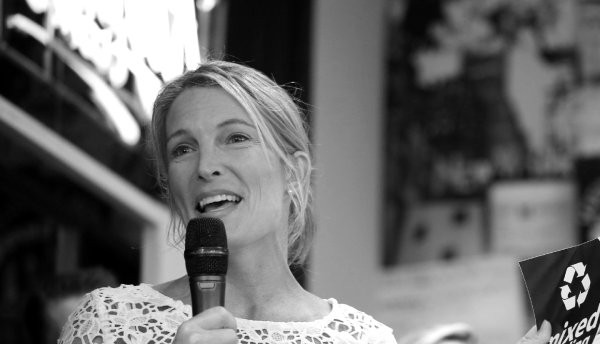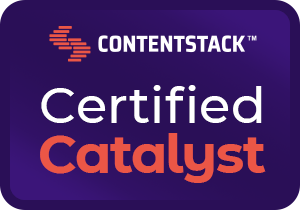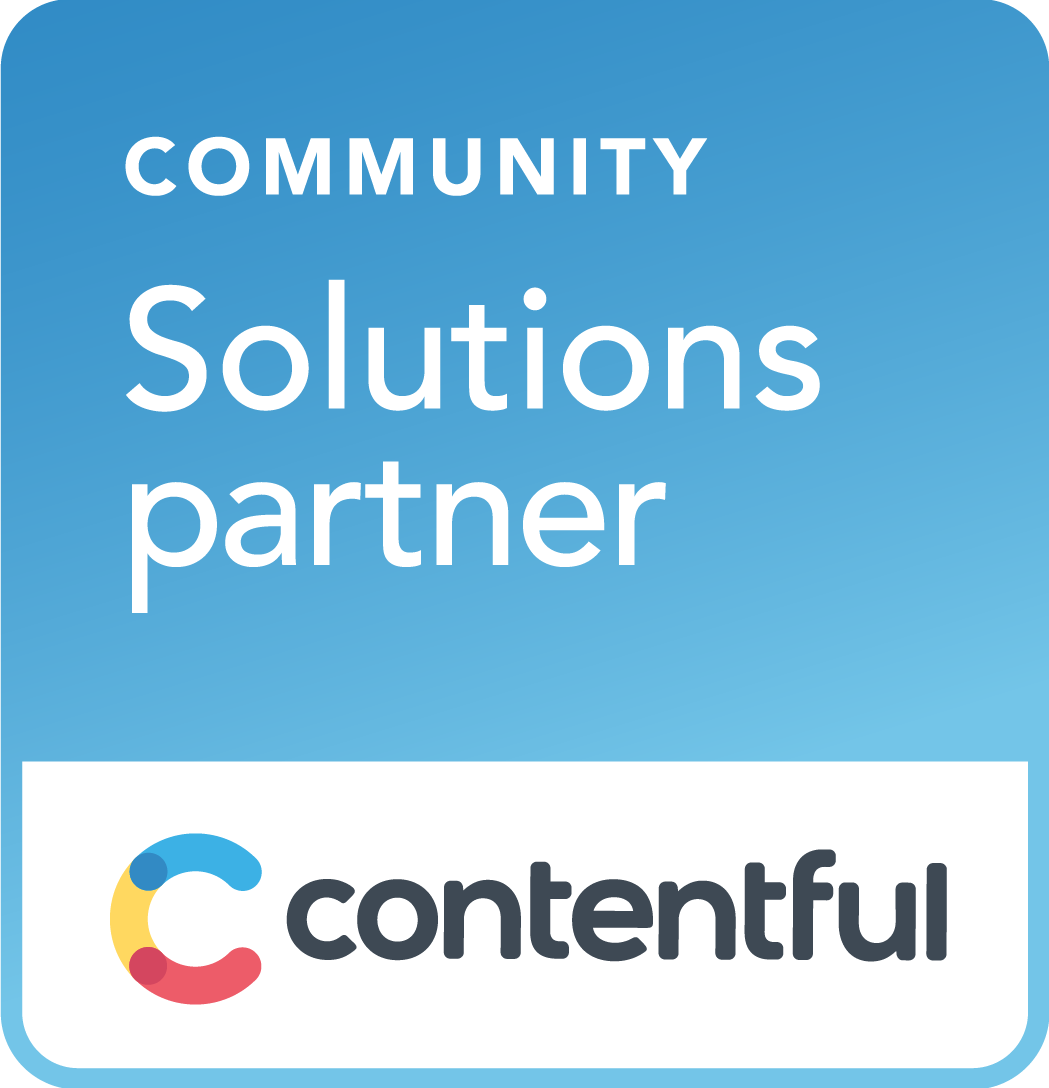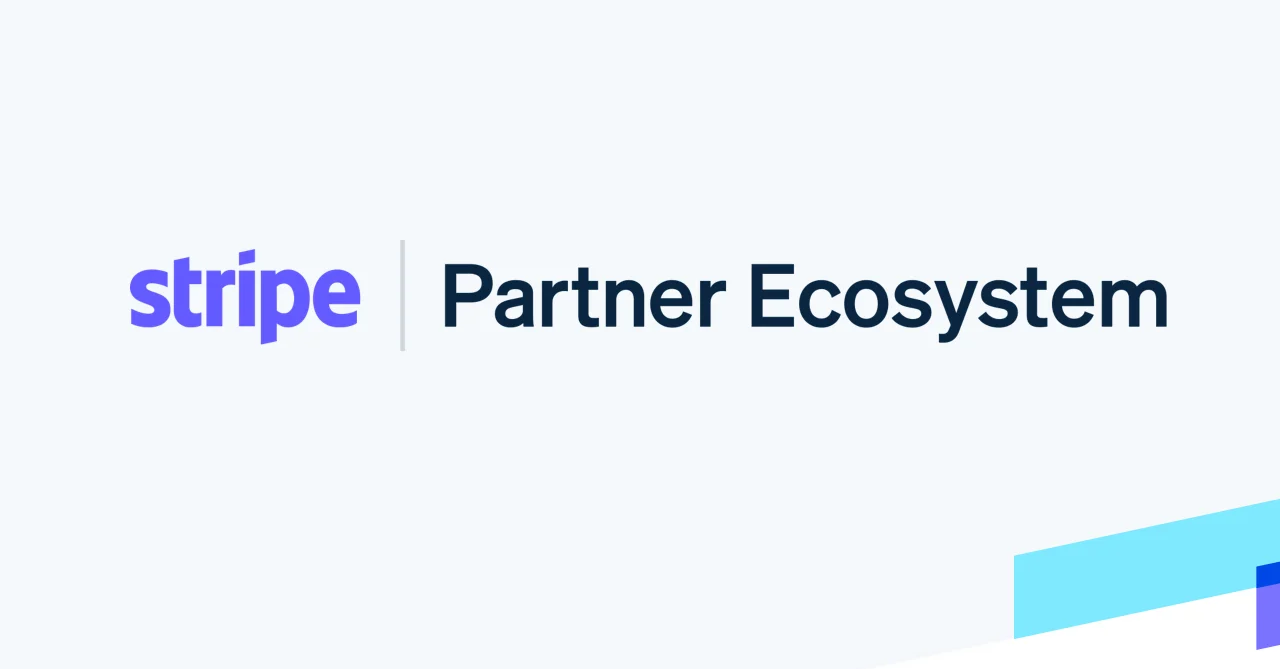Founder and Executive Director of www.RecycleAcrossAmerica.org, Mitch Hedlund is on a mission to fix the world's recycling problems. Realizing that the process of recycling is over complicated, ambiguous and seemingly avoided due to the unnecessary confusion at the bin, Mitch and her outstanding team have devised a solution that has gone viral. Make recycling fundamental, make the decision clear and concise, and nurture the movement until it is no longer a choice, it's instinct.
Where are your born and raised?
Palos Verdes, California
Do you believe in the idea that one person can impact the entire world?
Absolutely. This is proven throughout history. One person can absolutely change the world with a solution or a new approach — and collectively the power of many can expedite the progress of that solution, which also means that each person in that collective is changing the world. Each of us prove this everyday.

Why recycling? Why is this your life’s work and not some other environmental issue?
There is no greater impact that each of us can have on the environment, the economy, on manufacturing, on mitigating climate change, on conserving fresh water and energy, and to help prevent waste from going into oceans and waterways than recycling. It is the only action that can hit on so many critical points to help us become a sustainable species on this planet, especially as the human population continues to grow exponentially. We are the only species on this planet that doesn’t live within the system or the cycle of the planet; recycling can help us begin living within more of the system again. Every other species uses, reuses and even is used — which helps them and other reliant organisms live and thrive. Since the industrial revolution, and possibly even before then, the human species has increasingly been in the habit of a manufactured and one-use existence, and that simply doesn’t work. It’s a bad math equation for our species to continue to have that approach. Fixing recycling can help prevent that bad math equation and help reduce CO2 levels, which are also threatening us. Recycling even helps create jobs and helps stimulate the economy. It’s a home run on so many levels AND the infrastructure exists. The public is passionate about it and the manufacturers are demanding the materials. The only thing standing in the way of thriving recycling is the public confusion at the bin! Once we fix that little issue, which is why we’re doing the standardized labels for recycling bins, it will release the bottleneck in the industry — and finally allow recycling and closed loop manufacturing to begin to truly live up to its environmental potential.

Why did you make a significant career shift after spending so much time in the corporate world? Was becoming an enviro-entrepreneur always the goal?
I’m extremely solutions driven and have been my entire life, including when I was just a little girl. It was almost to a fault. My mind continuously looks at problems or issues that present themselves or that I witness. As an analogy, my mind looks at large scale (and small scale) issues almost as if they are Rubik’s cubes — and my mind continues to turn the cube until I can see a solution. This has been my way of looking at situations my entire life, both personally and professionally, including when I was in the corporate world.
I grew up with a mother that was very health and environmentally conscious, although I don’t think we thought of it as a category or title. My mom would shop at healthfood stores and co-ops long before co-ops were cool or trendy. In fact at that time, they were anything but cool. I think that way of life affected my DNA, and therefore I’ve always looked through the lens of being conservative with resources and understanding that every action we take, affects more than just ourselves. I’m always scaling up decisions and scenarios in my mind. For instance, “If I do this and everyone does this also, will the world be a better place, a worse place or simply neutral?” When we start looking through that lens, it helps us all make better decisions for ourselves and for the world around us.
At one point in my career, about 12 years ago, I had an opportunity to look at the green movement from a broad perspective. I quickly realized how dysfunctional and confusing the environmental movement is from the public and consumers’ perspective. Once we fix the confusion for the public and consumer, and make it easier for people to act on their good intentions (such as recycling), or easier to make consumer choices to truly support environmentally responsible businesses, then we’ll see dramatic environmental progress in the world. The confusion is the barrier to progress, as seen in the recycling industry.
What is your single greatest accomplishment with this project?
It’s not so much about my accomplishments as it is about people, brands, and organizations that have come into this mission to help move the needle more quickly; Groups that are standing by my side. Those accomplishments, by their leadership and understanding of this issue, are the greatest hallmarks of this journey for me. One example is when I became an Ashoka Fellow. Ashoka recognized this as a “world changing solution,” and provided me with a three year stipend to allow me to continue this mission. Disney came on board to pilot the standardized labels in all of their employee areas in Florida, and they were one of our most high profile early adopters — which led to others following their lead. Here are other examples: Bank of America, Kiehl’s, and Whole Foods. So many other great brands continue to carry this mission out. Our small, but oh-so mighty little team, with RAA, is our little powerhouse troops that carry this mission forward everyday, lifting the load from my shoulders. Rhode Island is our first state to utilize the labels throughout the state, and show other states why this is critical to do statewide and nationwide. It’s the celebrities that have said yes to our PSA campaign, the US Bank Stadium that started using the labels and is the stadium for the next Super Bowl, the 140 South Korean students that came to the U.S. this year and last year — and took time to help people in the U.S. know about this solution, and why recycling right is so critical to people all around the world. The young woman who biked from Rhode Island to San Francisco, who carried our literature and our Earth Flag on her solo, riding coast to coast to help people know about our mission, and all on her own, helped raise money for labels for K-12 schools. I could go on and on. These people, groups, brands; they move me! They are my fuel and the fuel of this mission! Individuals can change the world.

If you could say something to the youth of the world today, what would you say?
The first thing I would say is, "I’m sorry." I’m sorry that it has taken this long for all of us from previous generations to take these issues seriously. Then I would say, “I’m so hopeful because this next generation gets it, and is passionate and ready to take action!” I would encourage them to look for and to support big solutions to address big problems. The solutions don’t have to be complex, but at this point they do need to have a big impact. Small actions are incredibly important for each of us to take. But we also need to start implementing big solutions that can have the fastest and broadest impact as well. It’s time to recognize how critical common-sense is, when it comes to the environment. Don’t wait for the government. Use the power of a collective people and as consumers to affect change rapidly. And, of course, recycle more and recycle right!
What is your relationship with nature, the environment, and organizations that are fighting for a better tomorrow?
Not to sound negative, but when I started RAA, I was really surprised and a bit disheartened to see how fragmented the nonprofit space is. I think it has to do a bit with the fact that many nonprofits are having to constantly look for funding, and they see others as potential competitors for funding. This isn’t true everywhere, but I’ve heard from others that they witness the same thing.
The reality is that if all the nonprofits working in each category of a problem, such as recycling, really united together to fix recycling, it would be fixed. That’s a simple fact. So if we’re all saying we’re trying to make it better, working together to implement solutions and programs to do so, collectively, would truly fix the issues.
I believe that is true for hunger and education etc., but there is so much autonomy, which is good I guess from a for-profit business perspective, because it creates constant need and job security, but honestly, I think all nonprofits should be considered short term organizations. They should be designed to solve the issue that their mission is focused on as quickly as possible, and strive to eliminate the need for their organization to exist because they have eliminated the problem. People might say that’s unrealistic or too altruistic, but perhaps it shouldn’t be unrealistic. Perhaps donors or supporters should ask the nonprofits they fund, “How are you going to solve the problem and how long will it take, and how much funding do you need to solve the problem?” versus having an open ended approach to issues.
From our perspective, our goal is to make the need for our nonprofit extinct. Just as there isn’t a need to have a nonprofit organization promoting standardized stop sign and speed limit signs, there should be a day when our organization isn't needed anymore in the recycling space because the standardized labels are in fully in use throughout the U.S. And people are able to recycle more and recycle right, everywhere they go. It is then that I will personally know that we did our job... because we eliminated our jobs!

Is there a particular natural place that you resonate with?
Everywhere outdoors, especially by water. I’m a serious water person. I grew up with our house overlooking the ocean, and I swear I’m either a dolphin in my next life or was a dolphin in my previous life. I love water (rivers, oceans, lakes). I love mountains. I love animals. I love watching nature and seeing how it works. It doesn’t need meetings or phone calls or discussions or panels or symposiums to know how it should exist. It just exists in harmony (for the most part). I love that about nature — I’m humbled by it.
It is no secret that we have an environmental crisis. With so many issues to focus on, it can feel hopeless and crippling to people. What advice do you have for people anxious for a better tomorrow, but overwhelmed by the vastness of the problem?
There are simple solutions to fix the big problems, period. We have the ability to overcome the massive issues, but we need to fix the lowest hanging fruit that has the biggest impact. This is why we’re focusing on fixing recycling. People need to see something that actually gets fixed today. People are overwhelmed and exhausted by hearing about problems and awareness of issues. Fixing one big issue at a time will provide momentum and enthusiasm to begin tackling the next big issue. Society and industry has become a bit schizophrenic. It’s time to tackle one thing at a time and make some measurable progress. Fixing recycling is a way to unite people, manufacturers, cities, and to work together to make it thrive. I’m super excited that that is what we’re working on and that there is so much momentum to achieve that goal. I believe in the next five years that we’ll look back and say, “Remember when recycling was confusing and when most manufacturers couldn’t close the loop with the manufacturing?”





